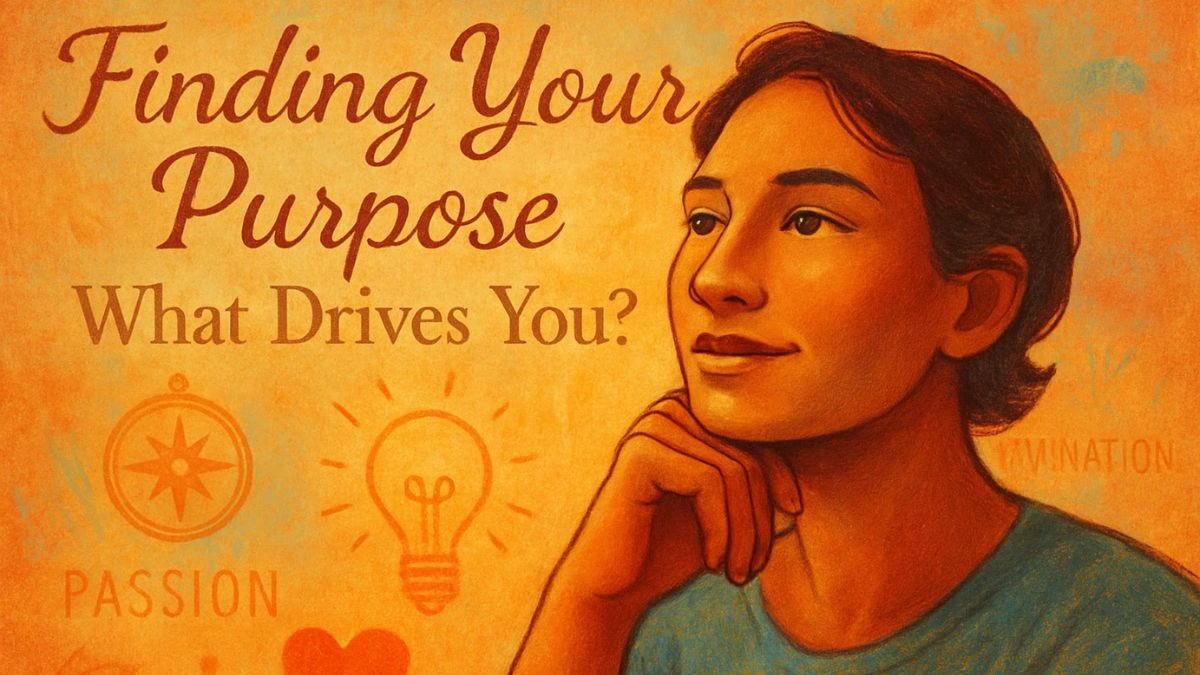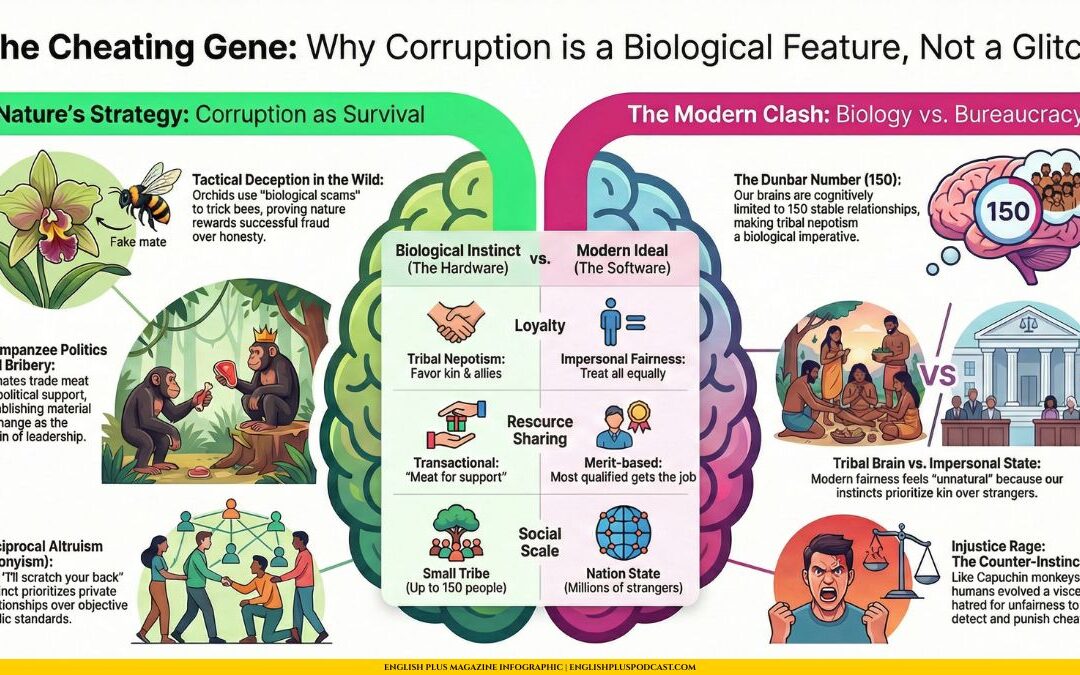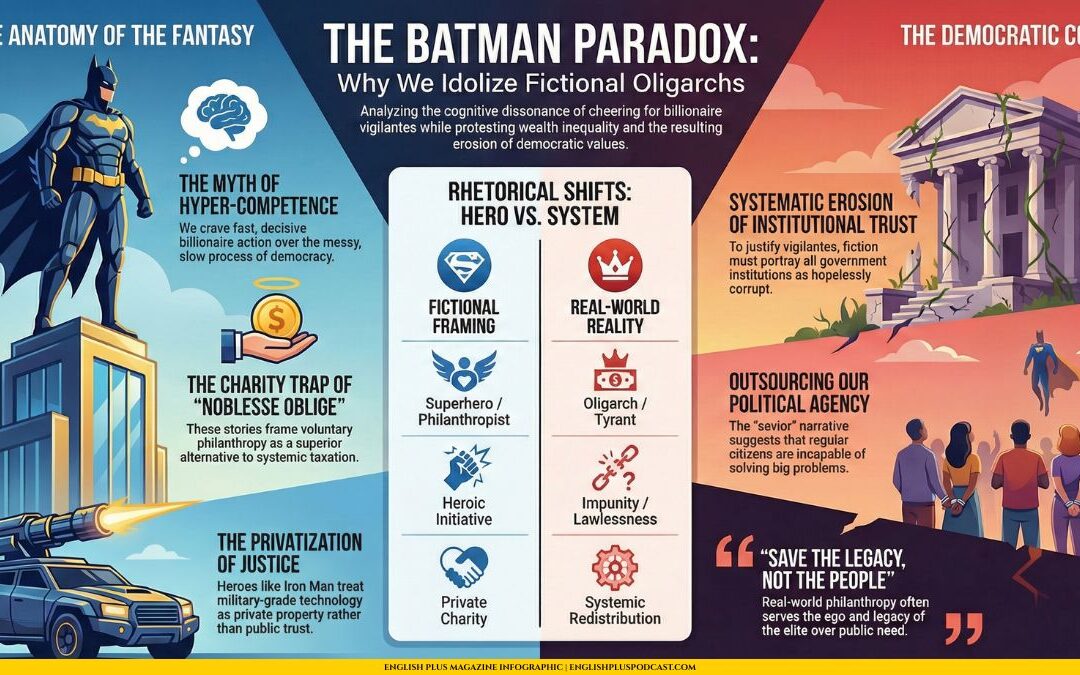Have you ever looked in the mirror and thought, “What on Earth am I actually doing here?” Not just in this room, or this job, or this city, but here, on this spinning blue marble, hurtling through an endless cosmic dark. It’s a question that can hit you in the quiet of a Tuesday morning or in the middle of a crowded party. This feeling that we are fantastically complex beings, full of potential and fire, who were somehow born without the user’s guide. This search can be exhilarating and, let’s be honest, absolutely terrifying. But the journey of finding your purpose is less about discovering a pre-written destiny and more about grabbing a pen and starting to write your own, one messy, beautiful, adventurous chapter at a time.
The Cosmic Glitch in Our Programming
It seems to be a fundamental part of the human experience, doesn’t it? This deep, nagging pull towards meaning. A squirrel doesn’t wake up and ponder its existential role in the grand tapestry of the forest. Its purpose is clear: find nuts, store nuts, avoid being another creature’s lunch. It’s wonderfully simple. But us? We got the software upgrade with the “Existential Crisis” feature pre-installed. We build rockets and write sonnets and invent a thousand different kinds of cheese, and in the middle of all that genius, we pause and ask, “But why?” It feels like a cosmic glitch, this insatiable need for a “why.” We can have a roof over our heads, food on the table, and people we love, and still feel a strange emptiness, a sense of being a high-end kitchen gadget that has no idea what it’s supposed to be blending.
Purpose Isn’t a Treasure Hunt (Sorry, Indiana Jones)
We’ve been sold a bit of a myth about purpose. The story goes that it’s this one, singular, golden idol hidden in a booby-trapped temple somewhere in the jungle of our soul. You just need the right map, the courage to face the snakes, and once you find it, bam! Your life is complete. You get a theme song, and the credits roll. But that’s not how it works. For most of us, anyway. Clinging to this idea of a single, static purpose puts an impossible amount of pressure on us. We get paralyzed, thinking we have to choose the one right thing or we’ve failed.
But what if purpose isn’t a noun you find? What if it’s a verb you do? What if it’s not a destination, but a direction? It’s not a treasure chest you unearth, but a shelter you build, piece by piece, day by day. It’s the lawyer who discovers his purpose isn’t just winning cases, but mentoring young associates. It’s the stay-at-home parent who realizes their purpose is creating a sanctuary of love and stability that will ripple out into the world for generations. The purpose isn’t the job title; it’s the energy you bring to the act. It’s the “why” behind the “what.”
Listening to the Whispers (Not the Shouts)
So, if purpose isn’t a lightning bolt from the heavens, how do we find our direction? We learn to listen. Not to the loud, booming voices of expectation from society, your parents, or your Instagram feed. Those are the shouts. They’ll tell you what you should want: the corner office, the bigger house, the fancier car. Purpose is rarely found in the “shoulds.” Instead, you have to tune your ear to the whispers.
What are the whispers? They are the quiet signals from your own soul. Pay attention to what genuinely makes you curious. What topics do you get lost in for hours, falling down internet rabbit holes until 2 AM? That’s a whisper. What problem in the world makes your blood boil? What injustice makes you want to stand on a table and scream? That anger, that righteous fire? That’s a huge whisper. What did you love to do as a ten-year-old before someone told you it wasn’t a practical career choice? Drawing, building forts, organizing your toys with military precision? Whispers, all of them. These are the breadcrumbs your inner self leaves for you. They are the clues to what truly drives you, what energizes you rather than drains you.
Your “Ikigai” Isn’t Just a Fancy Japanese Word
There’s a beautiful Japanese concept called Ikigai, which roughly translates to “a reason for being.” It’s often visualized as a Venn diagram with four overlapping circles: What You Love, What You’re Good At, What the World Needs, and What You Can Be Paid For. The sweet spot in the middle, where all four intersect, is your Ikigai. Now, this isn’t a rigid mathematical formula for happiness. Don’t stress if you can’t immediately fill in all four circles. Think of it more as a framework for exploration, a compass with four cardinal directions to check.
Maybe you love painting (What You Love) and you’re pretty good at it (What You’re Good At). Does the world need more art? Absolutely. Art brings beauty, challenges perceptions, and heals souls (What the World Needs). Can you get paid for it? Maybe, maybe not easily, but it’s a direction to explore (What You Can Be Paid For). Your purpose doesn’t have to check all four boxes perfectly to be valid. Maybe your purpose for this season of life is a combination of things. A day job that pays the bills and a “passion project” that feeds your soul. The point of Ikigai isn’t to find one perfect job; it’s to help you build a life that feels whole and aligned.
The Glorious Mess of Experimentation
Here’s the part they don’t tell you in the inspirational posters: finding your purpose is messy. It involves a lot of trial and error. It’s about being a scientist in the laboratory of your own life. You form a hypothesis (“I think I might love being a bee-keeper!”), you run an experiment (take a class, volunteer at an apiary), you collect the data (realize you’re terrified of bees and swell up like a balloon when stung), and you form a new hypothesis. That wasn’t a failure. That was data collection! You just successfully discovered that bee-keeping is not your purpose. Congratulations! Cross it off the list and move on.
We have to give ourselves permission to be beginners, to try things we might be bad at, to follow a flicker of curiosity without needing to know where it will lead. Take the pottery class. Write the first page of that novel. Volunteer at the animal shelter. Start the podcast. Most of these things won’t become your grand, lifelong purpose. But they will teach you something about yourself. They will connect you with new people. They will show you what lights you up and what burns you out. Purpose isn’t found in thinking; it’s found in doing. It’s in the glorious, unpredictable, and often hilarious mess of experimentation.
The Ripple Effect of a Purpose-Driven Life
In the end, this search isn’t just a self-indulgent quest. When you start living in a way that feels true to you, it has an effect that radiates outward. Living with purpose isn’t about becoming famous or changing the entire world. It’s about changing your world. And when you change your world, you inevitably change the world of those around you.
Think of the barista whose purpose isn’t just to pour coffee, but to be the first positive interaction someone has in their day, a small moment of warmth and connection. That small act can change the trajectory of that person’s entire day, who then might be kinder to their coworker, who then goes home and has more patience with their kids. You can’t measure that ripple, but it’s real. A life driven by purpose has a weight, a gravity to it. It inspires others. It gives them permission to listen to their own whispers. It adds a little more light to a world that can often feel dim. And really, what could be a greater purpose than that? Maybe your purpose isn’t to move mountains, but simply to be a wildflower growing in the crack of a sidewalk, adding an unexpected splash of color and resilience where no one thought it could exist. Maybe your purpose, for today, is just to chase a few butterflies.
So, let me ask you this as we wrap up. What’s one whisper you’ve been ignoring lately? And what’s one small, gloriously messy experiment you could run this week just to see what happens?
Share your thoughts in the comments below. Let’s figure this out together.










0 Comments